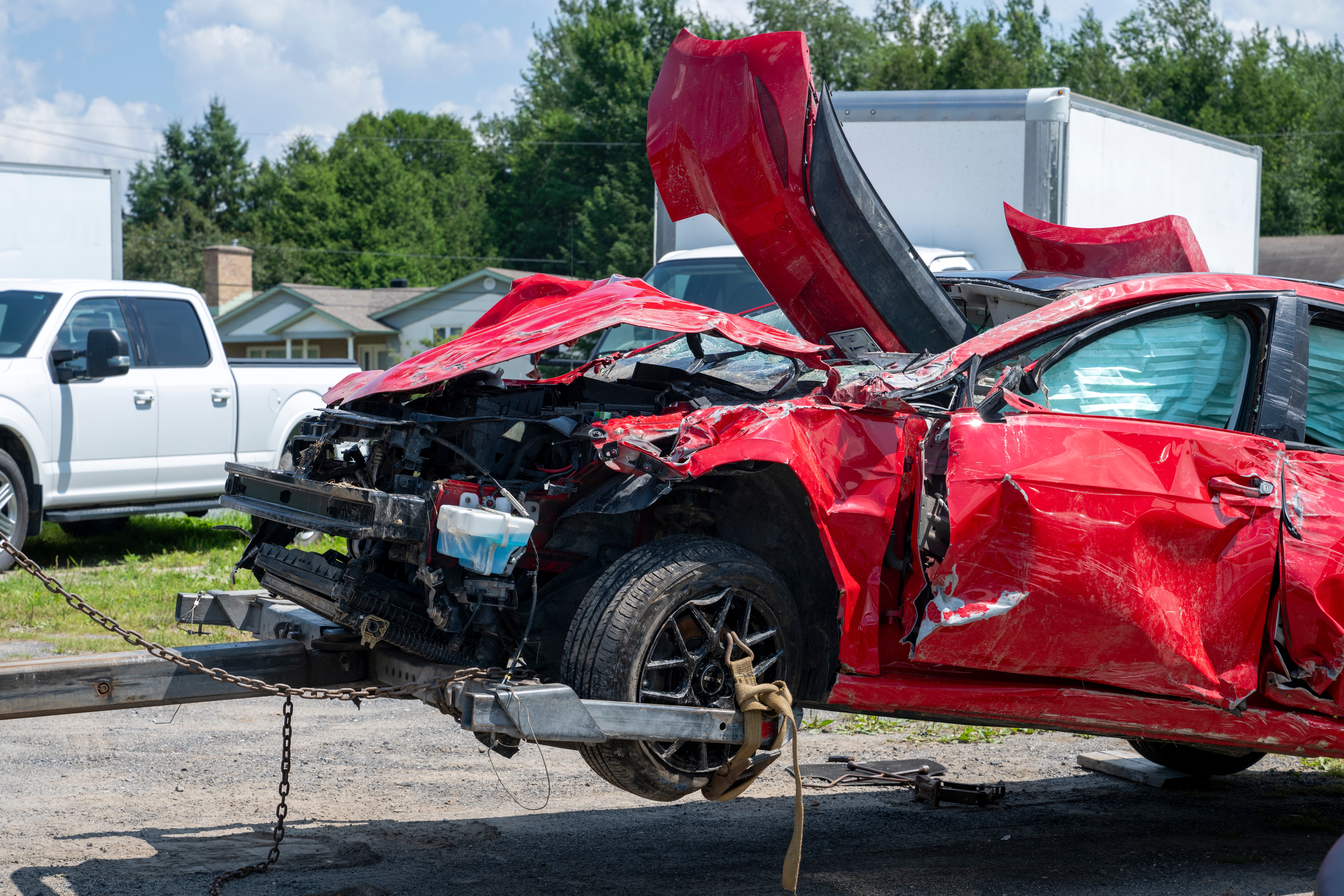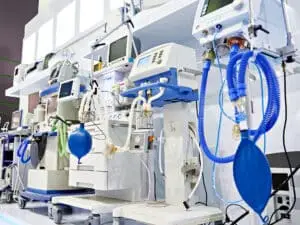Survivors of serious motor vehicle accidents often suffer from psychological damage, particularly if a crash was especially violent or a death was involved. Drivers, passengers, and even witnesses can develop short-term mental distress, anxiety, and depression. When symptoms last longer than a month, survivors may be diagnosed with post-traumatic stress disorder (PTSD).
Seeking therapy for post-accident psychological distress is important in preventing the progression of symptoms. Just like medical attention for physical injuries, early mental health treatment helps you begin the healing process so you can get back to the business of living.
How Can a Serious Vehicle Accident Affect Mental Health?
Accident victims can develop mental health disorders following the trauma of a serious car crash. They may have intrusive memories and thoughts of the accident long after physical injuries heal, or develop phobias surrounding the act of driving or riding in a vehicle. These symptoms have a negative effect on survivors’ daily lives, preventing them from going to work or school, enjoying their favorite activities, and socializing with others. Signs of post-accident psychological distress include:
- Panic attacks
- Fear
- Flashbacks
- Recurring nightmares
- Insomnia
- Detachment from loved ones
- Absence of emotion
- Difficulty concentrating
- Startling easily to sounds and touch
- Aggressive behavior
- Mood swings
- Feelings of hopelessness
- Loss of appetite
- Avoidance of certain activities
- Blackouts
- Mental anguish
- Anger
- Self-harming behavior
- Suicidal thoughts
Acute Stress Disorder
Immediately following an accident, many survivors show signs of acute stress disorder (ASD). One study found between 6% and 33% of surviving accident victims had symptoms of ASD one month after the trauma occurred. Although ASD is similar to post-traumatic stress disorder, symptoms must last longer than one month before a patient receives a PTSD diagnosis.
ASD is a predictor of future PTSD. More than 80% of patients diagnosed with ASD have been diagnosed with PTSD six months later. Others may never experience early symptoms of ASD, but later go on to develop PTSD. For these reasons, mental health professionals have begun to focus on better recognizing signs of ASD in an attempt to begin treatment early and avoid progression to PTSD.
Post-Traumatic Stress Disorder
PTSD is an anxiety disorder that develops in the aftermath of a traumatic event. Trauma can be anything that an individual finds to be deeply disturbing or distressing, although PTSD generally stems from events involving actual or threatened death or catastrophic injury. Motor vehicle accidents are among the leading causes of PTSD among civilians in the United States.
- Approximately 25 to 33% of accident survivors showed signs of PTSD at least 30 days after the event.
- Motor vehicle-related PTSD is estimated to affect 2.5 to 7 million people in the United States.
- Some 69% of accident survivors with PTSD reported chronic pain, and PTSD has been positively correlated to physical injury and impairment following a crash.
Patients diagnosed with PTSD are at increased risk for developing mood disorders, such as major depressive disorder, anxiety disorders, and substance abuse disorders.
Can Children Suffer the Psychological Effects of a Serious Vehicle Accident?
A study on children and motor vehicle accident-related PTSD found that kids are also negatively affected by serious traffic accidents. One in three children involved in a motor vehicle wreck developed PTSD within the six weeks following the event. Girls were more likely to be affected than boys, and children who perceived the accident as life-threatening were more likely to develop PTSD.
How Are the Psychological Effects of a Serious Vehicle Accident Treated?
In the immediate aftermath of a serious collision, it’s normal to feel anxious and distressed. You may be dealing with painful injuries or the economic realities of medical bills and replacing your vehicle. Be sure to take care of your mental health needs along with the physical and financial tasks at hand. Get enough sleep, eat a balanced diet, and exercise if you are able. It can also help to spend time around family and friends.
If you are still struggling, seek professional help from a licensed therapist. A mental health professional can help you process what you’re feeling and give you strategies to reduce your anxiety and stress. There are several effective options for treating PTSD, including:
Cognitive Behavioral Therapy (CBT)
CBT retrains the brain to think differently about the trauma it experienced. Cognitive processing therapy in particular has been successful in treating PTSD by helping patients develop a new mental framework for what happened and teaching them how they can reduce the resulting negative effects on their life.
Exposure Therapy
For patients who develop phobias surrounding driving or riding in vehicles, exposure therapy can assist them in moving past those fears. The therapist gradually exposes the patient to uncomfortable stimuli while teaching them skills for coping with fear and discomfort.
Eye Movement Desensitization & Reprocessing (EMDR)
EMDR therapy involves the therapist guiding the patient through a series of questions about the accident while the patient watches a moving light. The eye mimics the movement required for REM sleep. Over the course of several sessions, EMDR rewires the patient’s memories of the traumatic event so they experience those memories less negatively.
Group Therapy
Having the support of others who have experienced similar trauma can help patients heal. With the help of a group facilitator or therapist who guides therapy sessions, group members share their experiences and support one another in their recovery efforts.
Medication
Drug therapy, including mood stabilizers and anti-anxiety and anti-depressant medications, can control symptoms related to the psychological effects of surviving a serious accident. Medication may be used alone or with talk therapy options.
Left untreated, the psychological effects of a serious accident may affect your quality of life and make it difficult to hold down a job. Physical injuries from the accident, such as ongoing chronic pain are constant reminders of the trauma you endured and can prolong symptoms of PTSD.
Treatment may require months or years of therapy, and sometimes insurance doesn’t fully cover costs associated with mental health disorders. In certain cases, insurance companies may try to downplay the severity of mental and emotional trauma related to motor vehicle accidents to avoid paying out.
One option is to sue for noneconomic damages from your vehicle accident. You may be eligible to recover compensation for pain and suffering if you’ve been given a PTSD diagnosis or suffer from another accident-related condition.
SOURCES:
Mayo Clinic – Post-traumatic stress disorder
Anxiety & Depression Association of America – How to Cope with Trauma After an Accident
National Center for PTSD – Acute Stress Disorder
American Psychiatric Association – What is Posttraumatic Stress Disorder (PTSD)?
Mayo Clinic– Major Depressive Disorder
American Psychological Association – Cognitive Processing Therapy (CPT)





